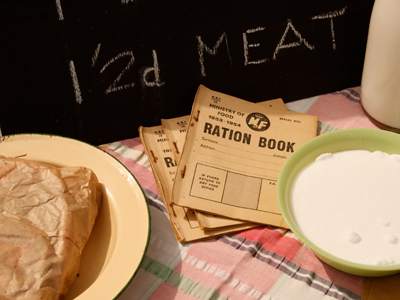
The First World War 06
This KS3 History quiz will test your knowledge of the First World War. At the outbreak of the First World War, the German army executed a modified version of the Schlieffen Plan, designed to quickly attack France through Belgium before turning southwards to encircle the French army on the German border. Things didn't go to plan for the German army. They were slowed down, but not stopped in the Battle of Mons, by the British Expeditionary Force (BEF). The Germans were finally stopped at the first battle of the Marne and trench warfare began.
At the start of the war, the British Prime Minister was Herbert Asquith. He believed that the way the war was conducted should be left in the hands of the army generals. After several failed campaigns and huge loss of life, Asquith resigned and the Chancellor of the Exchequer, David Lloyd George took over.
Ready for more?
not all...
quizzers. Try to win a coveted spot on our Hall of Fame Page.







